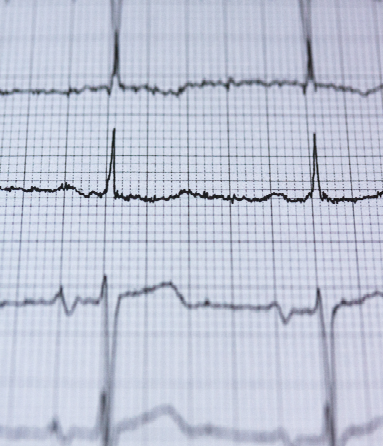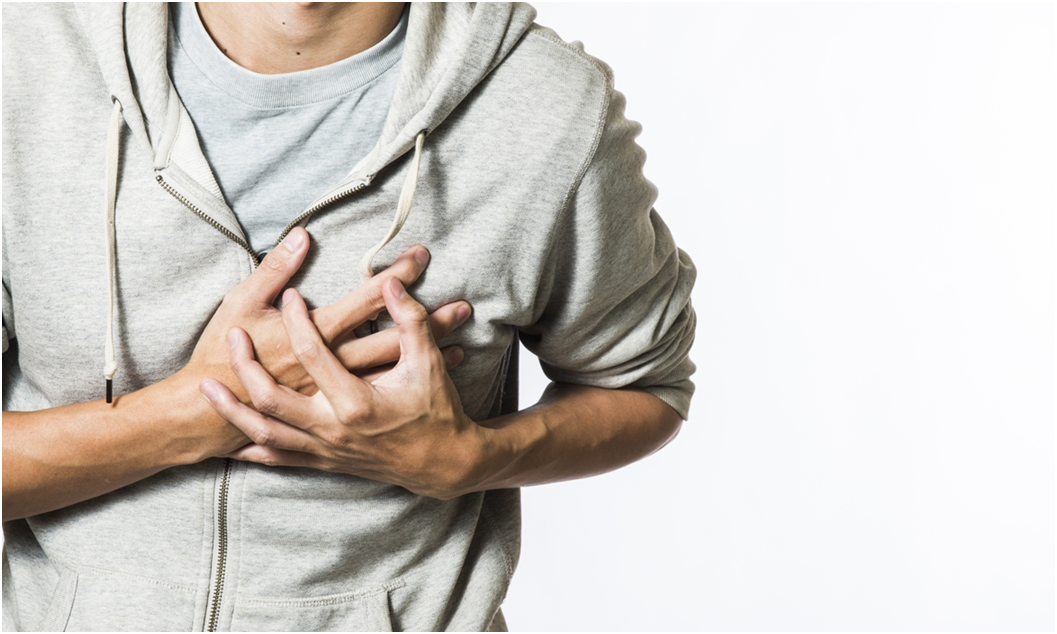Share

TYPE 2 DIABETES AND SILENT HEART ATTACKS
By Victoria Healthcare 12 April 2019

Diabetes is so much more than just high sugar levels in your blood. Diabetes can damage nearly all of your organs. That is why ti is so important for you to take extra special care of yourself, especially carefully controlling your blood sugar. Damage to your heart is just one of the many problems caused by diabetes, especially if it is not well controlled.
You probably don't think of a heart attack as the kind of thing that could happen without you even knowing it. But it can, and it's more common than you might think.

It's called a silent heart attack. It can happen to anyone, but diabetes makes you more likely to have one. You might not feel anything at all. Or it could feel mild, like heartburn or the odd ache or pain. It might seem so minor that you just shrug it off and think it's just part of getting older.
But a heart attack is serious business, whether you have symptoms or not. That makes it really important to keep up with all your regular checkups and careful care of your diabetes . Make sure you get in tune with your body so you're aware of subtle changes.
How Could It Be Silent?
One of the common effects of diabetes is a type of nerve damage called neuropathy. Usually it causes problems like numbness, tingling, or weakness in your hands and feet. But it doesn't always stop there.
You can also have damage in nerves that lead to your heart, bladder, and blood vessels. When that happens, you might not get important warning signs like pain or discomfort.
So during a heart attack that might normally cause big-time pain in your chest, arm, or jaw, you might not notice a thing. It's like someone presses a big mute button on what you're able to feel. But the damage does happen, and the dangerous consequences of a silent heart attack are real.
Signs of Nerve Damage
You can help protect yourself by keeping a close eye out for nerve damage. If you catch it early, you might be able to slow it down.
Here's what you can look for:
- Feeling dizzy or fainting when you stand up
- Hard time doing even limited exercise
- Problems peeing, like having accidents
- Sexual problems, such as a low sex drive or for a man, erectile dysfunction
- Sweating way more than usual or not at all
- Trouble digesting food, like bloating and stomach upset
Subtle Symptoms of Silent Heart Attacks
Some people don't have any symptoms at all. If you do have them, they may be mild and go away quickly. And you might feel totally fine once the silent attack is done – or it could be fatal or debilitating.
You may feel some pain, pressure, or squeezing in the center of your chest. It may seem like run-of-the-mill indigestion, but if it doesn't go away in a few minutes, it could be a bigger problem.
Here's what else you might notice:
- Breaking out in a cold sweat or having clammy hands for no reason
- Feeling light-headed
- Feeling tired for no reason
- Heartburn
- Pain in your jaw, neck, or left arm (especially common in women)
- Stomach upset
- Shortness of breath, even when you haven't done much activity
If you have any of these symptoms, check with your doctor right away. If in doubt, call 911 .
How Would I Know if I Had One?
It can be a challenge. In some cases, you'll get symptoms after the heart attack, including:
- Feeling very tired
- Heartburn that won't go away
- Swelling in your legs
- Trouble breathing when you never had it before
Other times, it's just chance that you find out you had a heart attack. You could go to your doctor months later and just happen to get some tests that show it.
Your doctor can do a few things to check for signs that you've had one, such as:
- Blood tests to look for certain proteins that your heart makes when it's been damaged
- Electrocardiogram (EKG), which checks the electrical signals in your heart
- Echocardiogram, a type of ultrasound imaging that looks at the heart
What's the Harm?
You need to take a silent heart attack just as seriously as one that has clear symptoms. It can damage your heart and leave scars behind. And that can affect how well your heart works. Or it can kill you.
Plus, if you don't know you had it, you can't get treated for it. Even if you feel fine afterward, it's still a big deal. Without the right care, your chances of having a second and more serious heart attack go up. That alone is life-threatening, and it raises your odds of getting other serious problems, like heart failure.
Source: https://www.webmd.com/diabetes/silent-heart-attacks-diabetes#2


